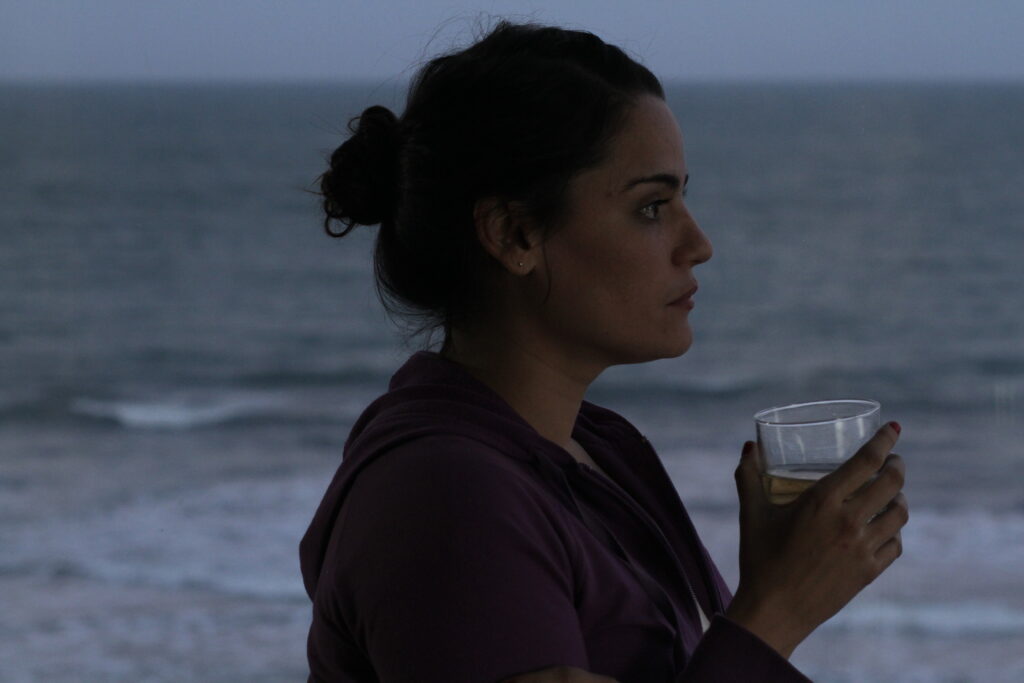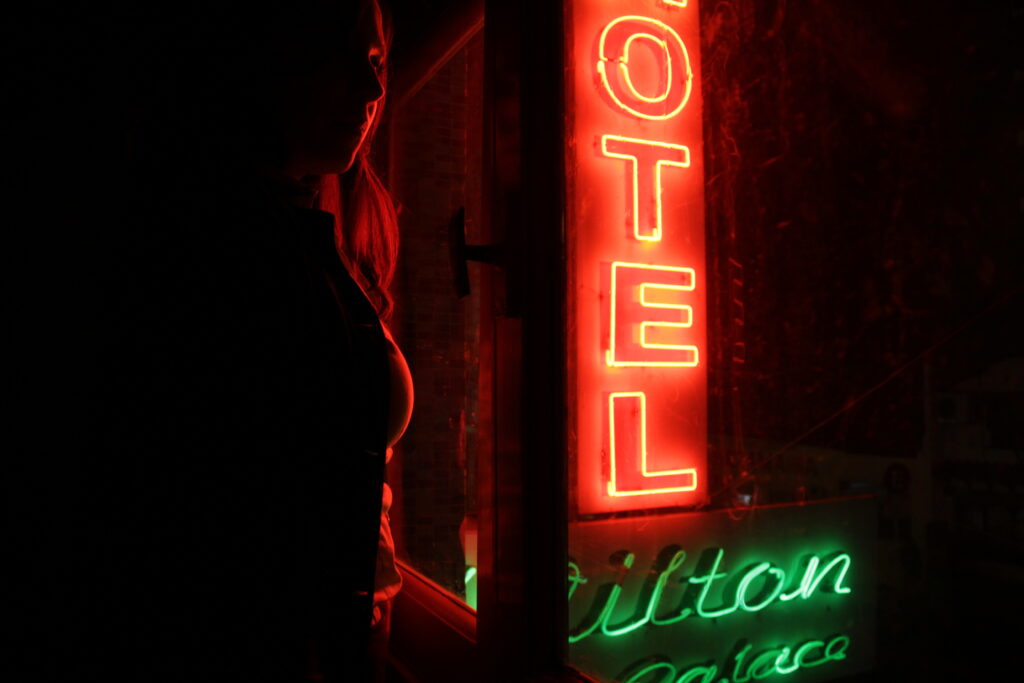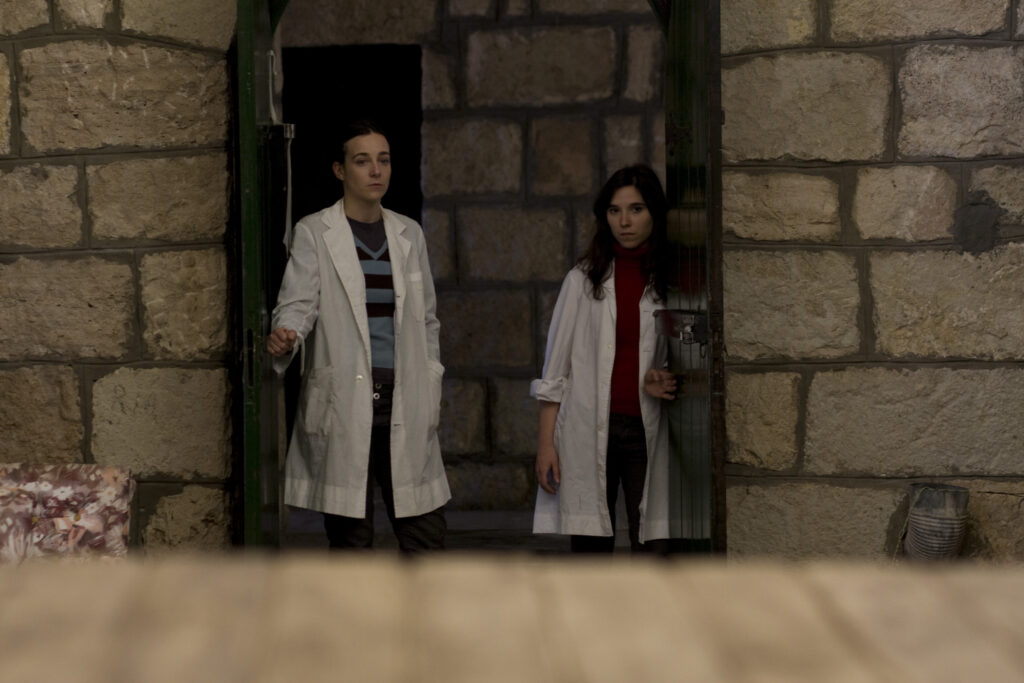
La Flor (Part 1)
Argentina
210’
- Synopsis
- Curatorial presentation
LA FLOR is a complex narrative made up of six independent, successive stories, connected by the same four actresses: Pilar Gamboa, Elisa Carricajo, Laura Paredes and Valeria Correa. Each leaps from a fictional universe to another, as if it were a masked ball. One could be a sorceress in the first, a pop singer in the second, a mute spy in the third, herself in the fourth, a near-invisible secondary character in the fifth, before reappearing in the sixth as an escaping captive during the 19th century.
Mariano Llinás’ magnum opus – crowning the efforts of two collectives: that of El Pampero Cine and Piel de Lava (a troupe of actresses playing the leading roles in five out of the six films that, together, compose a monumental whole), LA FLOR is one of the longest films ever made – and an absolute peak of formalism. Consisting of four beginnings, a middle, and an ending, it goes backwards through time and the history of cinema, starting with popular genres like horror and soap operas and arriving at homage/pastiche and purely experimental cinema, both working inside the bounds of popular tropes and destabilising them completely. In the seven years that have passed since its release, Llinás’ flower-shaped trident has pierced right through the heart of contemporary cinema, slaying the beast so that it may be reborn. (Flavia Dima)










